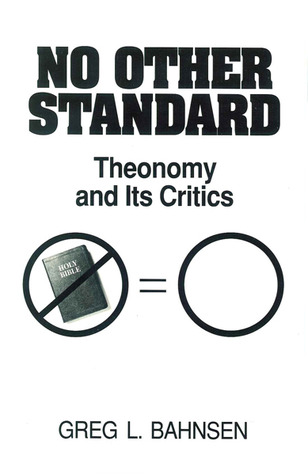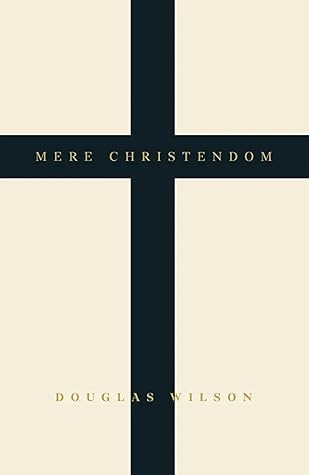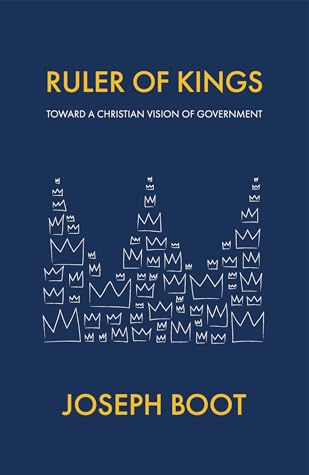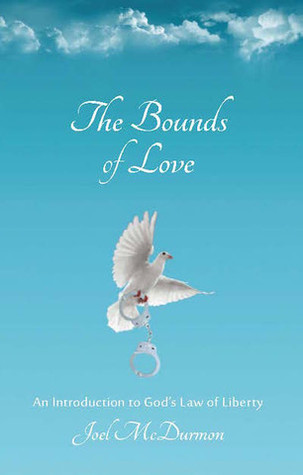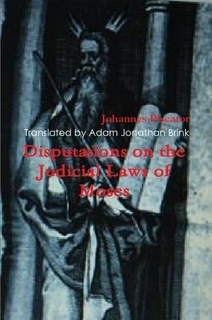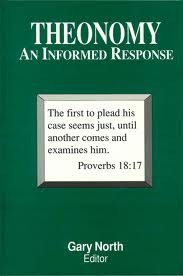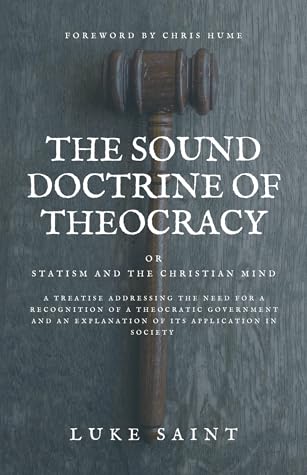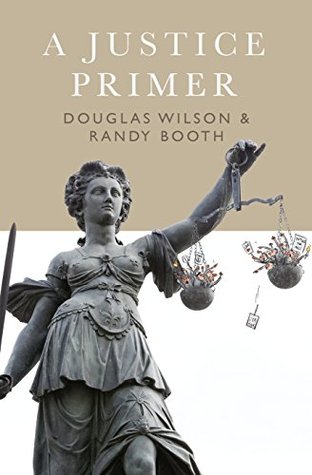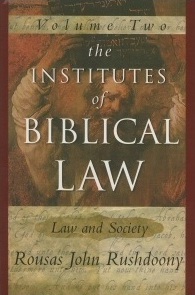
“
The basis for building a Christian society is evangelism and missions that lead to a widespread Christian revival, so that the great mass of earth's inhabitants will place themselves under Christ's protection, and then voluntarily use his covenantal laws for self-government. Christian reconstruction begins with personal conversion to Christ and self-government under God's law; then it spreads to others through revival; and only later does it bring comprehensive changes in civil law, when the vas
...more
”
―
―

“
Those who hold to the Christian faith see law as an ultimate order of the universe. It is the invariable factor in a variable world, the unchanging order in a changing universe. Law for the Christian is thus absolute, final, and an aspect of God's creation and a manifestation of His nature. In terms of this, the Christian can hold that right is right, and wrong is wrong, that good and evil are unchanging moral categories rather than relative terms.
From an evolutionary perspective, however, we
...more
”
― Law and Liberty
― Law and Liberty




